
By David Adeoye
Economic experts have acknowledged that Small and Micro Enterprises (SMEs) are a major sector contributing significantly to the nation’s economy. Consequently, they play a pivotal role in poverty reduction.
In Oyo State, SMEs form the backbone of the state’s economic activities and contribute to achieving sustainable development goals aimed at mitigating economic hardships. This recognition of SMEs as a veritable tool for economic development prompted Gov. Seyi Makinde’s administration to set aside N500 million for low-interest rate loans for SME operators.
To derive this development, Gov. Makinde announced the short-term plans of his administration to mitigate the effects of the fuel subsidy removal on the state’s residents on Aug. 5, 2023. The short-term plan tagged “Sustainable Actions for Economic Recovery (SAfER)” has SMEs as one of the “SAfER” packages, a literal usage of the word “safety”.
The SMEs Stimulation package, according to Makinde, will assist micro business owners, such as traders, artisans and other small business operators, to stay afloat through the loans. It is targeted at the “poorest of the poor”, the vulnerable.
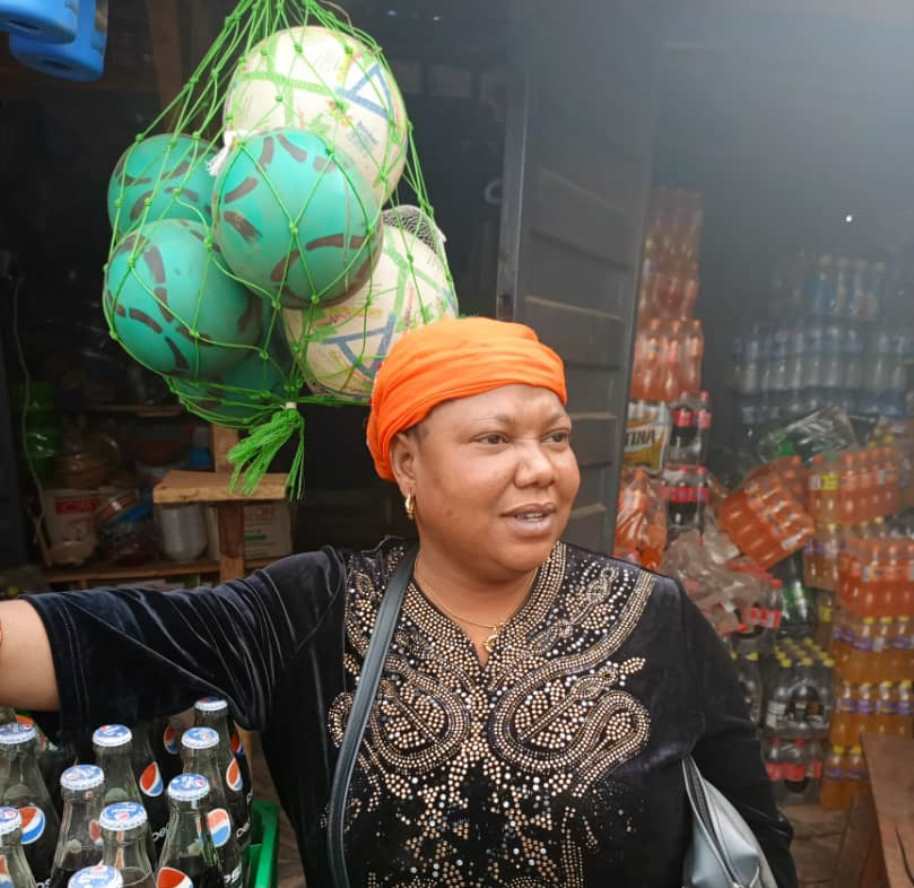
These categories of beneficiaries are those at the grassroots of the business economy, placed under the Oyo State Investment and Public Partnership Agency (OYSIPA), for the execution of the loan disbursement.
Chairman of the SAfER SMEs Sub-Committee, Prof. Musibau Babatunde, said the loans initiative was part of the Makinde administration’s efforts to reduce the hardship arsiing from the fuel subsidy removal. According to Babatunde, the SME loan is the baseline for economic activities in the state.
“It will bring succour to residents amid economic hardship. The programme has proved to be a master stroke towards helping individuals and households to become stronger financially,” the chairman said.
In his view, the OYSIPA Director-General, Mr Olatilewa Folami, said SAfER has disbursed the facility to 2,100 micro/small business owners, out of over 5,000 who applied. It started disbursing the loan in October.
Visits to the seven selected micro-finance banks in the Ibadan, Oyo, Ogbomoso, Iseyin, Saki and Ibarapa zones have shown that SME operators massively welcomed the initiative. Many micro and small business owners in these towns applied for the loan.
Folami hinted that the loan repayment would create room for more people to benefit. He, therefore, appealed to beneficiaries of the loan facility to pay up on due dates. He added that the government hopes to extend this facility to about 10,000 SME operations.
With its acceptability across the six zones of the state, heads of the microfinance banks (MFBs) assigned to disburse the funds made a noteworthy point of interest in the package.
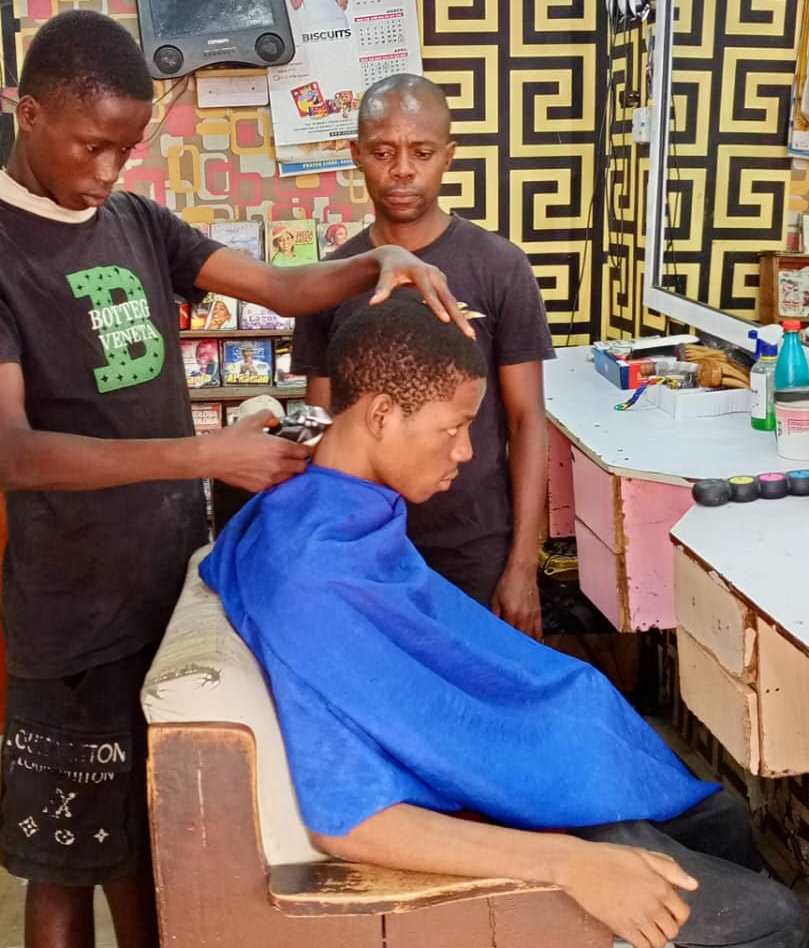
The interest on the loan is pegged at the single digit of seven per cent. This is far below the double-digit interest rate in commercial banks.
“Processing the loan is devoid of the normal bureaucratic bottlenecks that characterise loan accessibility in commercial banks. This simplicity has helped the beneficiaries.
“These put together, have helped them to access between N50,000 and N1 million. This depends on the status of the beneficiary’s respective businesses. And what the individual applied for,” a bank official said under the condition of anonymity.
Another bank official, Mr Paul Omolayo, the Managing Director of Oke-Bola/Oke-Ado MFB, is one of the participating banks. He said the SME package was impactful on the beneficiaries’ lives. He said the banks have equally benefited.
Omolayo, who claimed to be the coordinator of all the MFBs involved in the loan disbursement said the programme had allowed the banks to have more customers. “Over 80 per cent of the beneficiaries are new customers who hitherto have no business relationship with our banks.”
A cross-section of the beneficiaries in the zones lauded the SAfER packages. They described it as “grease in the wheel of our respective businesses”. The beneficiaries also commended the state government for initiating the programme with serious commitment. They expressed the belief that it would take millions of people out of poverty.
Mr Shittu Rasak, an aluminium pot (“ikoko irin”) moulder in Saki town, who took a N250,000 loan, shared his experience with the SAfER SMEs package He described it as a “business stimulant”. Rasak said the loan was a valuable resource which has helped him to expand his business.
He recalled how he used to limit his monthly production to 10 pots and suspend production until he was able to sell them. “After selling them, I will gather the money realised to buy raw materials before resuming production again.
“But the N250,000 SAfER loan has transformed my business. I can now conveniently produce between 40 and 50 aluminium pots of different sizes monthly. This is because I now have money to buy enough raw materials,” Rasak said.
Another beneficiary in Saki, Balikis Ayuba, a beads maker, who also accessed N250,000 microloan, lauded the state government initiative. She said such a programme would impact positively on the grassroots economy and lift millions out of poverty.
Ayuba said the loan has attracted her customers because she now displays many products for customers to choose from. This is because she has enough materials to produce beads.
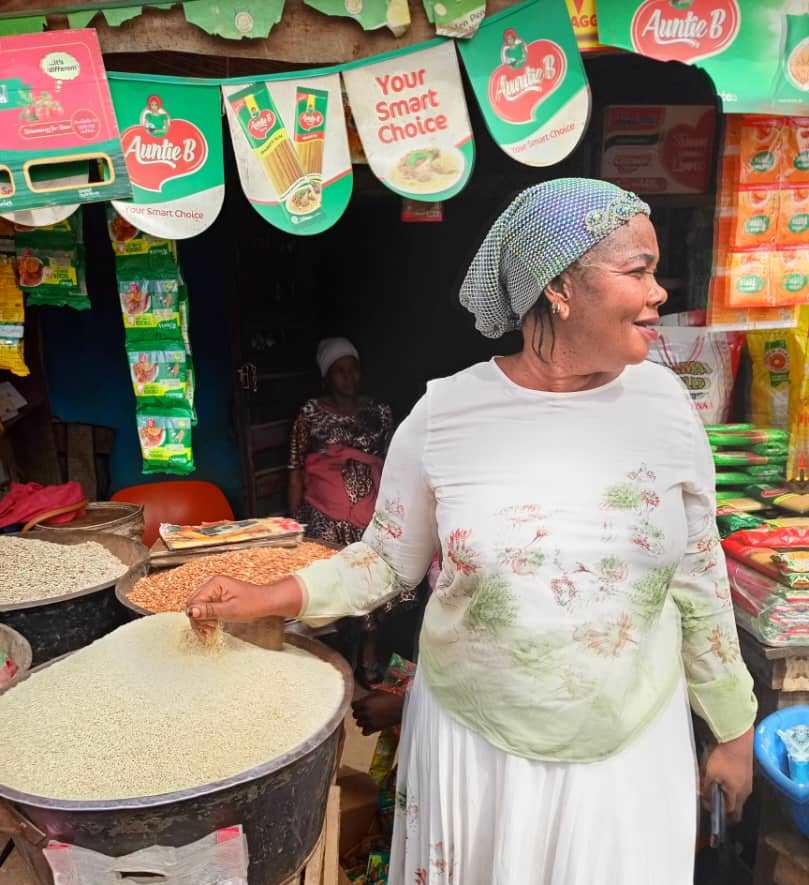
A charcoal supplier in Eruwa, in the state’s Ibarapa zone, Mrs Deborah Oyediran, accessed a N1 million loan. Oyediran testified to how the fund has promoted her charcoal business. She said investing the loan into the charcoal trade has expanded her business. According to her, she now exports charcoal to neighbouring states, apart from supplying big industries locally.
“This loan has transformed my charcoal business. I will soon engage the services of extra hands. I plan to employ three labourers to assist in loading and supply to customers,” Oyediran said.
Some observers have, however, expressed the fear that the SAfER SME package may end up like the other loan programme executed by the previous government. They said the mentality of many Nigerians is that any fund from the government is a “national cake”.
But Prof. Babatunde, who doubles as the State Commissioner for Budget and Economic Planning, said the programme is no national cake. “The programme is a revolving loan aimed at stimulating the micro economy. The government has taken into consideration the nature of the businesses the beneficiaries are doing before disbursing the loan to them.
“Business addresses of beneficiaries are traceable. And their respective guarantors must be civil or public servants from grade level 10 and above. So, the repayment can be enforced in case of any default,” he explained.
The commissioner also ruled out any political consideration as a requirement for accessing the loan. “If and when we bring in political considerations, then the issue of default may set in. But we made provisions for only people who were adequate in terms of their submission and the ones who got the loans are those we are sure will pay back the loan.”
Adeoye, a journalist writes from Ibadan

Do you have a flair for Citizenship Journalism? Share story(ies) of happenings in your area with The NewsZenith on WhatsApp: 08033668669 or thenewszenith@gmail.com
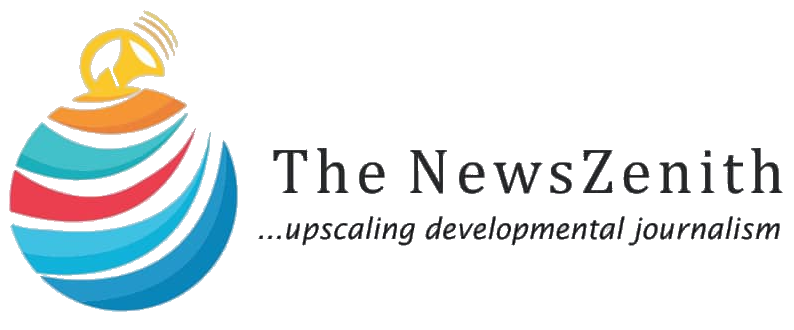
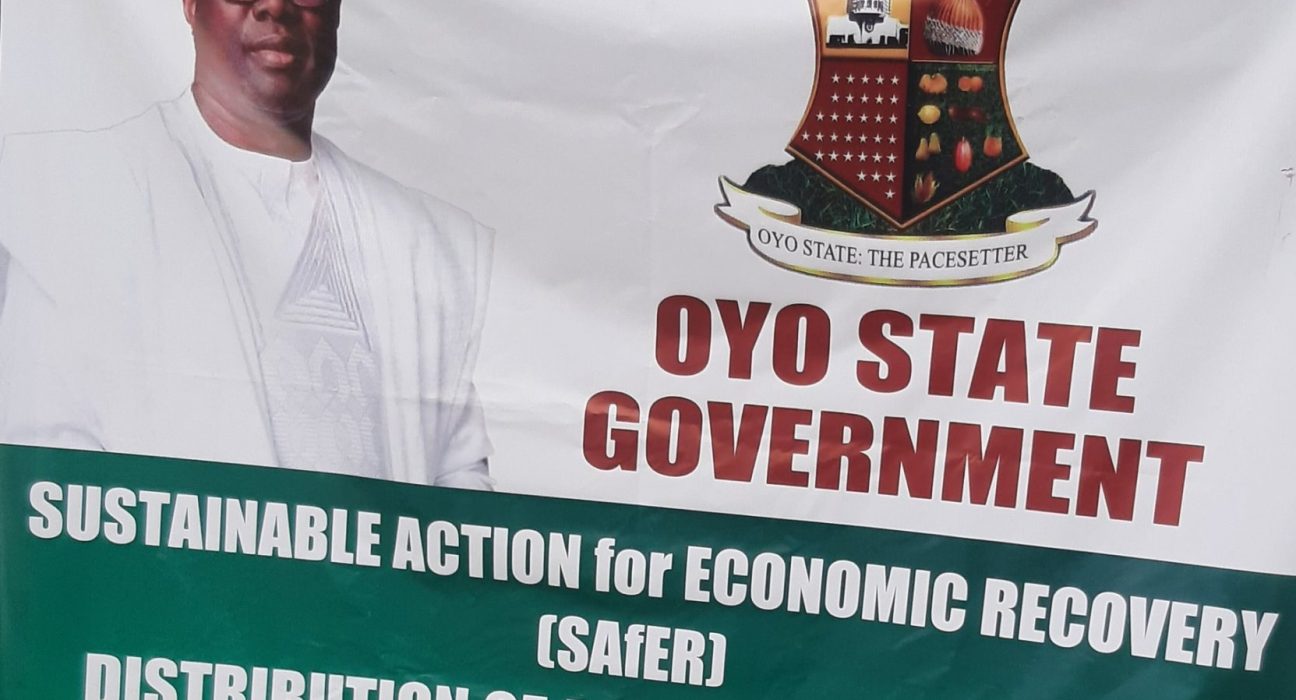

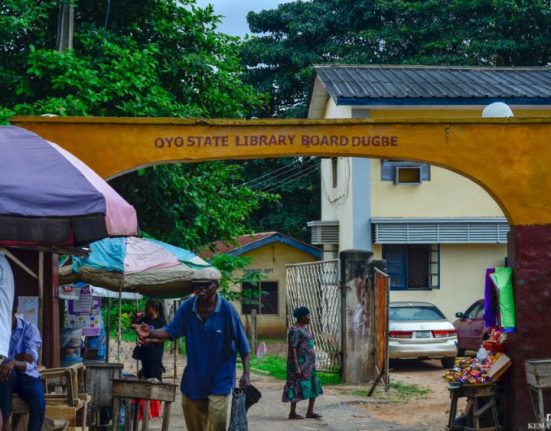
1 Comment